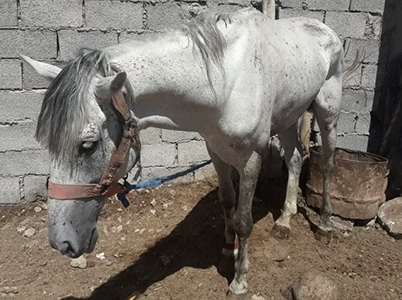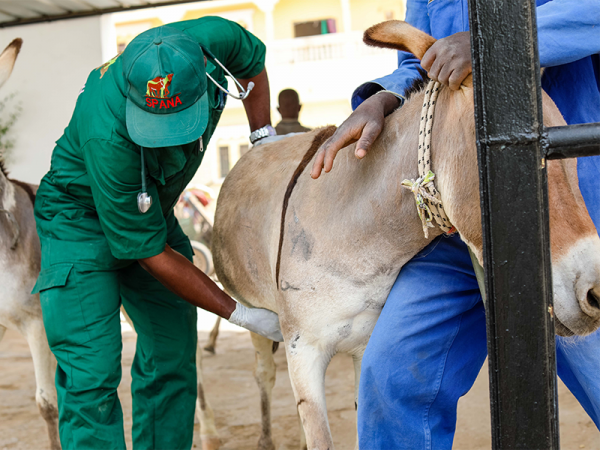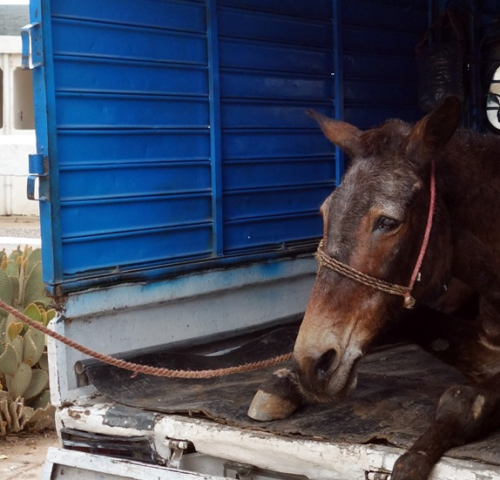
The Covid-19 crisis is threatening the lives of thousands of vulnerable working animals
In the last few months, we have all felt the catastrophic effects of the coronavirus. But when coupled with the extreme poverty of the countries where SPANA works, the impact is almost unimaginable – not least for the working animals of the world. Accustomed to a life of hardship, many are now fighting for their very survival.
Those living on the poverty line, who have lost their livelihoods overnight, now simply can’t afford to feed – or even keep – their working animals. Many working animals have been abandoned. The rest must struggle on, overworked and starving as never before.
This is why SPANA’s vital work is more important than ever. Without the emergency feed, treatment and care our dedicated vets provide, the crisis caused by Covid-19 will take the lives of thousands of vulnerable working animals.

Malick’s story
Malick has the essential job of distributing fresh water in drought-stricken Mauritania, where temperatures reach a scorching 50 degrees. He is a lifeline to the local communities he serves and his owner Edah, for whom he is a vital source of income. The Covid-19 crisis was already seriously affecting the local community when Edah noticed a large growth on Malick’s stomach. He knew his trusted donkey needed expert treatment – and fast.
Fortunately, our Nouakchott centre in Mauritania has remained open throughout the pandemic for working animals in need like Malick. Our trained vets carefully examined the donkey and found that he was suffering from a severe hernia – with life-threatening complications. Malick needed urgent surgery.
Our team of dedicated vets set straight to work, putting Malick under general anaesthetic and carefully repairing the hernia sac. Thankfully, the surgery was a success. Malick spent the next week recovering in the SPANA stables before going home, for further rest and recuperation.
Malick’s story is just one example of why we must keep our centres open. Without expert treatment, this hardworking donkey could have died.
Only with your support can we replenish depleted supplies, continue to feed and treat working animals in need of urgent care and prepare for the thousands more who will need our help as soon as restrictions lift.


